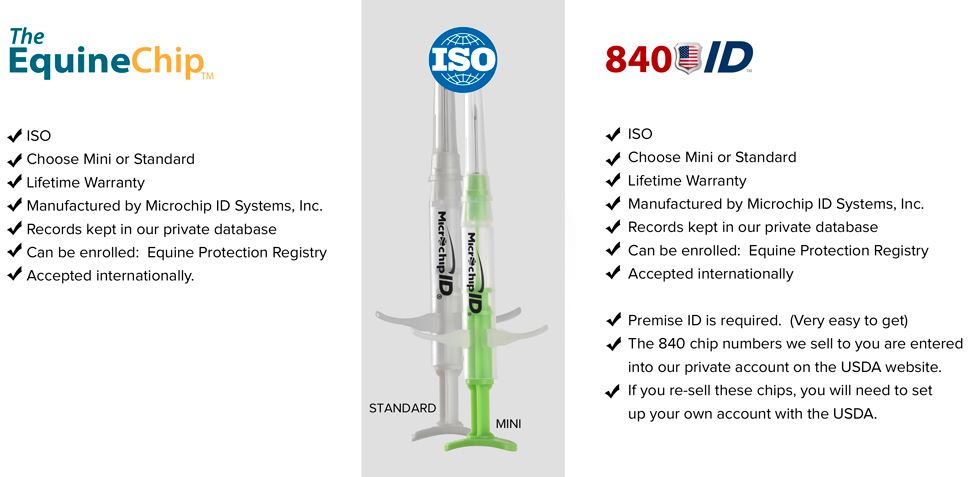Preventative Health Management
Vaccination:
Crum Equine places a strong emphasis on preventative care for all our equine patients. Routine vaccinations, health monitoring, parasite control and dentistry are very important aspects of maintaining a horses health. We work to keep our patients performing at their best and living long, happy and comfortable lives.
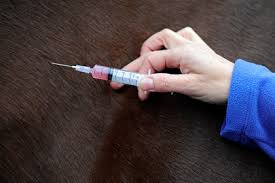
There are five “core vaccines” which are recommended for all horses over the age of 6 months. These vaccines protect against diseases which are easily transmissible to any horse, regardless of their environment. Horses should be evaluated to consider their risk factors for other vaccinations. Below are the core vaccines we recommend.
- EEE/WEE (Eastern and Western Equine Encephalitis
- West Nile Virus
- Tetanus
- Rabies
- EHV 1-4 (Flu/Rhino)
Parasite Control:
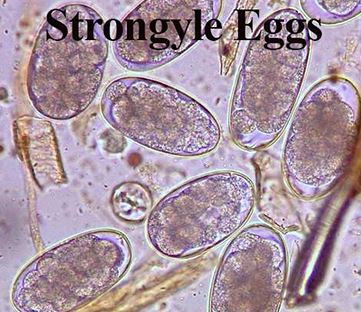
Rotation deworming is a thing of the past! We recommend a fecal test to determine if your horse is a high shedder or low shedder, then we can tailor their deworming schedule to their particular needs. On our Education page you will find a deworming protocol sheet that will list dewormers to use and when to use them according to your horses needs.
Dentistry:
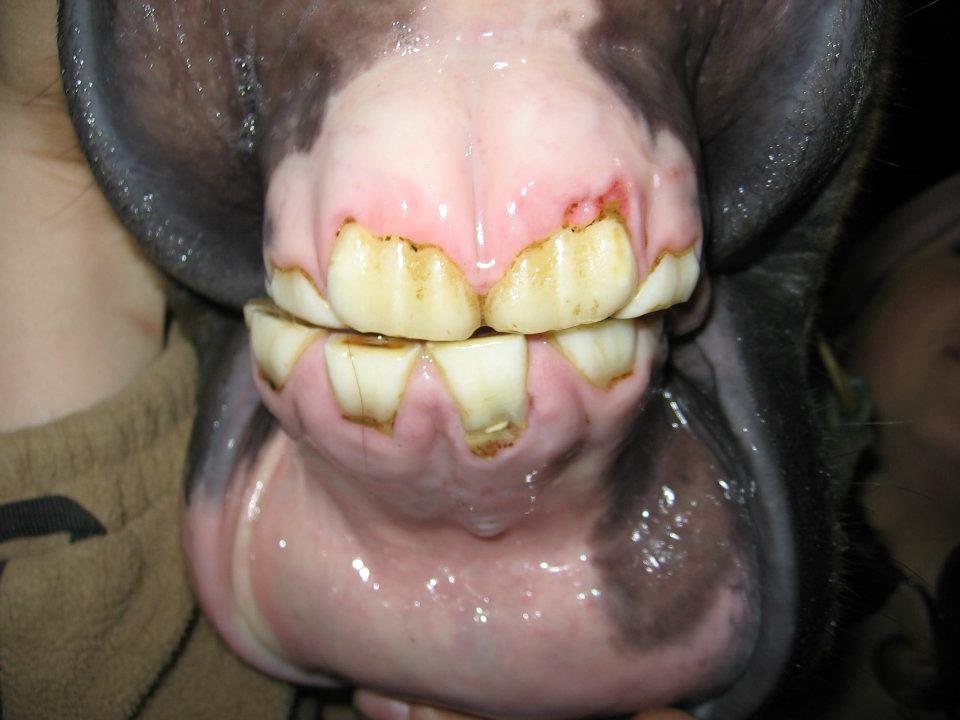 Dentistry plays a HUGE role in the health of your horse. Proper dental care allows a horse to process its feed and hay efficiently, which helps them perform at their best. It is also beneficial in improving the lives and longevity of our geriatric patients. We are able to do routine floats and uncomplicated extractions on the farm. All our veterinarians use power tools and a speculum as well as some hand tools if needed.
Dentistry plays a HUGE role in the health of your horse. Proper dental care allows a horse to process its feed and hay efficiently, which helps them perform at their best. It is also beneficial in improving the lives and longevity of our geriatric patients. We are able to do routine floats and uncomplicated extractions on the farm. All our veterinarians use power tools and a speculum as well as some hand tools if needed.
Routine Lab Testing:
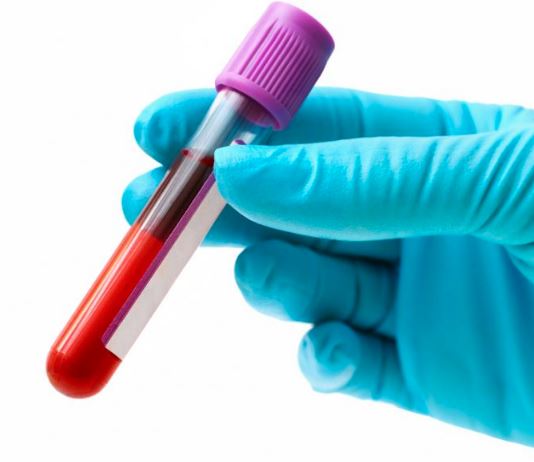 Coggins testing, health certificates, hormone monitoring, CBC and Chem panels, and more! We have next day results for many of our routine labs and all of our coggins and health certificates are done electronically through globalvetlink so they can be accessed from anywhere.
Coggins testing, health certificates, hormone monitoring, CBC and Chem panels, and more! We have next day results for many of our routine labs and all of our coggins and health certificates are done electronically through globalvetlink so they can be accessed from anywhere.
Endoscopy:
Endoscopy provides visual examination of the upper airway from the nasal passage to the end of the trachea. This allows the veterinarian to assess and evaluate the upper-airway for conformational, infectious, neo-plastic, traumatic, or neurologic abnormalities.
Endoscopy can accompany any pre-purchase/sale examination giving the buyer information needed on the status of the horse’s upper airway. Lesions or abnormalities within the upper airway can hinder any performance horse’s ability to perform at competitive levels. An endoscopic examination can determine what the cause of abnormality is and what steps will need to be made to correct the underlying problem. Endoscopy can also provide visual examination of the guttural pouches, and flushing of the guttural pouches can be performed more accurately with the visual aid of an endoscope.
Microchipping:
Microchipping is now required by many breed and horse show organizations. This quick, painless procedure provides permanent identification for your horse, can help prove ownership and help recover horses in the event of natural disaster or theft. We use the EquineChip.
